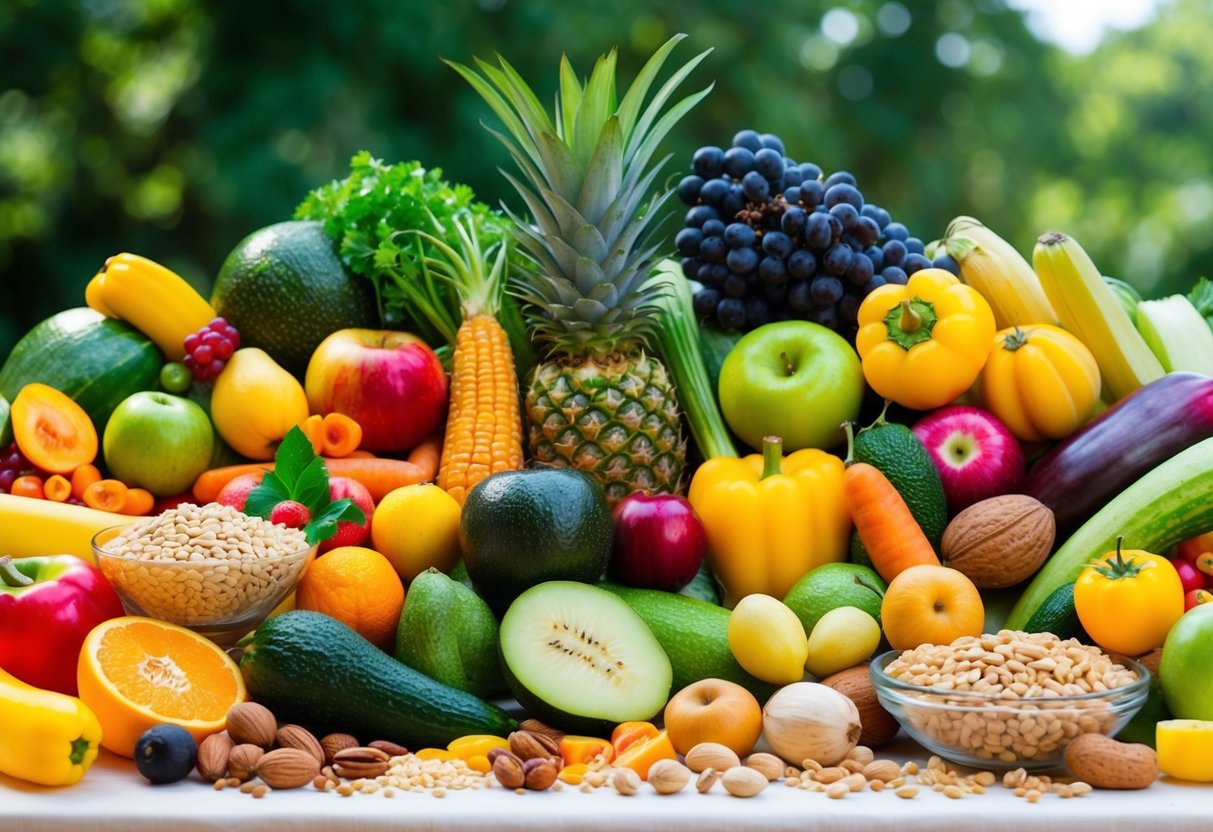
Strategies for Maintaining a Healthy Dietary Pattern
Planning ahead is crucial to maintaining a healthy dietary pattern. Meal planning and preparation can prevent reliance on convenience foods that are often nutrient-poor. By setting aside time each week to organize meals, individuals can ensure they regularly consume diverse and nutritious foods. Keeping healthy snacks like nuts and fruits readily available helps curb unhealthy cravings.
Setting specific, realistic goals can be useful, such as aiming to include vegetables with every meal or trying a new recipe weekly. Mindful eating is another powerful strategy. Paying attention to hunger cues and savoring each bite can promote healthier eating habits and prevent overeating. Staying informed about nutritional needs supports making conscious decisions that align with one’s energy goals.
Consulting a Registered Dietitian
Consulting a registered dietitian offers personalized guidance in developing a balanced dietary pattern. These professionals can assess individual nutritional requirements, taking into account factors like age, activity level, health conditions, and lifestyle preferences. They provide evidence-based advice to support optimal energy levels and long-term health.
Dietitians can identify areas for improvement and recommend practical changes that align with individual goals. By addressing specific dietary needs and potential deficiencies, they help craft tailored nutrition plans. Working with a dietitian offers ongoing support, making it easier to navigate dietary challenges and sustain positive eating habits over time.
The Power of Proteins
Proteins play a fundamental role in supplying the body with the energy needed for daily activities. Sources such as eggs, yogurt, and nuts, provide sustainable energy, supporting both mental and physical functions. The comparison between animal and plant-based proteins is also crucial for understanding their benefits.
Animal vs. Plant-Based Proteins
Animal proteins like those found in meat, dairy, and fish are complete proteins. They contain all essential amino acids that the body requires. These proteins are often praised for their high-quality protein content and rich supply of vitamins like B12, which supports energy levels. For instance, lean meats such as chicken and fish provide a concentrated source of protein and are often preferred by athletes.
On the other hand, plant-based proteins, like those in beans, lentils, and quinoa, offer different advantages. While they may not always be complete proteins, combining various plant sources can supply all essential amino acids. Plant-based proteins are usually lower in saturated fats and rich in fiber, which aids digestion and provides a steady supply of energy. They also have a smaller environmental footprint, making them a more sustainable choice.
Eggs, Yogurt, and Nuts as Energy Sources
Eggs are an exceptional source of protein, providing essential amino acids and nutrients like choline and vitamin D, both important for maintaining energy. A single egg contains about 6 grams of protein, making it an efficient choice for those seeking a quick energy boost.
Yogurt, particularly Greek yogurt, is another excellent energy source. It is packed with protein and probiotics, which support gut health. This contributes to improved nutrient absorption and consistent energy release. Yogurt can be easily paired with fruits or nuts for a balanced snack.
Nuts, including almonds, walnuts, and cashews, are rich in proteins, healthy fats, and fiber. They offer a slow burn of energy, making them suitable for sustained energy levels throughout the day. Nuts also provide additional nutrients such as magnesium, that play a role in energy production.



